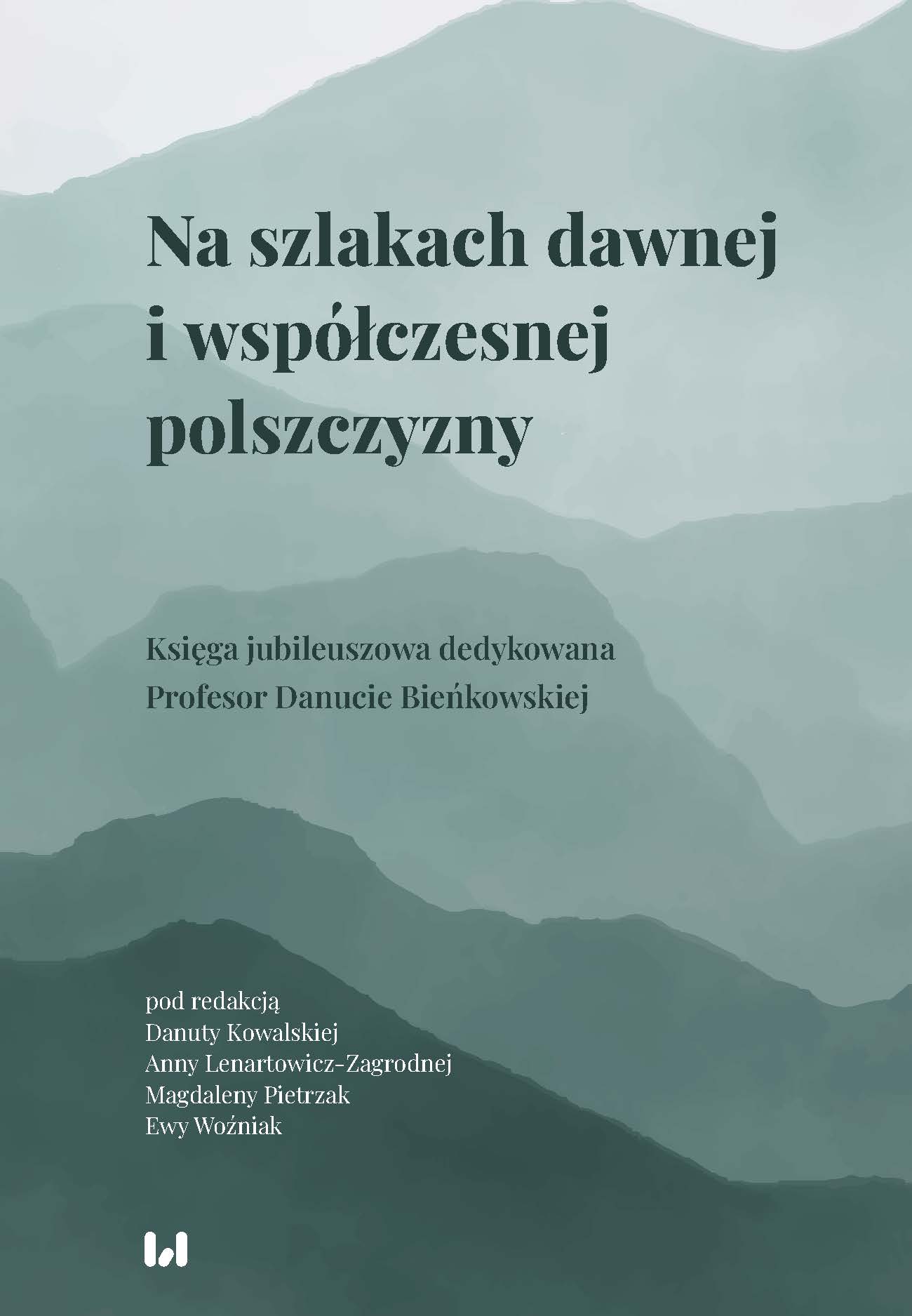
We kindly inform you that, as long as the subject affiliation of our 300.000+ articles is in progress, you might get unsufficient or no results on your third level or second level search. In this case, please broaden your search criteria.


The aim of the article is primarily to present the etymology of the names and surnames of the Jubilarian as well as the way these onimas function both historically and today. The source material for analysis was excerpted from dictionaries of the Polish language: etymological, general (explanatory: historical and contemporary dictionaries), phraseological, and onomastic.
More...
The aim of the article is to analyse language games in columns, which are a source of humor. The research material was a column by Tomasz Olbratowski and Michał Rusink. The introduction discusses the concepts of column and humor. In the analytical part, examples of language games were selected, in which the authors use the sound and meaning of words for artistic purposes, break conversational rules, creatively refer to other styles and genres and well-known cultural texts. Analysis of the material showed that the authors of the columns are very creative. They put a lot of effort into the selection and juxtaposition of means of expression in order to produce a humors effect. The recipient of the columns must demonstrate knowledge of the political, social and cultural context and actively participate in the process of interpreting the text.
More...
The article contains a structural, semantic and functional analysis of slogans as manifestations of verbal communication among MKS Pogoń Szczecin fans. The conducted descriptions prove that the analyzed texts are characterized by: structural simplicity (the majority of expressions and single sentences), the use of lexical means from various stylistic registers of the Polish language (next to vulgarisms and invectives, mainly - marked colloquiality) and thematic diversity (apart from prescribed behaviors and feelings towards the club or other fans, also elements of a patriotic nature). The characteristic features of slogans described in these considerations ensure that they perform the most important functions from the point of view of the existence of the described community, i.e. integrating, informative and persuasive.
More...
The article presents the stylistic diversity of official biographical notes and family periodicals. The paper demonstrates the peculiar pragmatic relation among the authors and readers connected with the Janota Bzowski family tradition. Some family members have been described in texts from different sources: more official biographical notes and more private as well as emotional memoirs. The official notes from biographical lexicons contain the most important facts about the hero, a clan member. On the other hand, the family memoirs reveal a subjective choice of events, which are, however, described specifically and in details.
More...
One hundred and twenty-nine diary entries made by Ludwig Wittgenstein in the years 1930–1932, 1936–1937, and published for the first time in 1997 were the subjects of linguistic and linguistic theoretical analysis. The history of the diary as well as its structure and semantics were discussed. The most important fragments of the entries in the diary have been subjected to onomasiological analysis, as a result of which they are assigned to the names of concepts expressing their semantics globally and creating a conceptual structure.
More...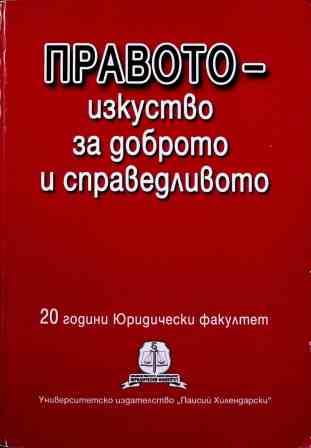
Ius est ars boni et aequi (Dig. 1,1,1). The famous definition of the Roman jurist Celsus still amazes legal scholars, legal historians, linguists, and philosophers. If we consider the definition without much elaboration and specification of meaning - law is the art of the good and fair – such a statement could be perceived as mere rhetoric with an ethical focus. I venture to offer the following more specific understanding of the meaning of Celsus's definition: Law is the skill of right evaluation of facts (expediency) and impartial justice. I join those scholars who believe that the definition Ius est ars boni et aequi is a definition of the function and meaning of law during Roman antiquity.
More...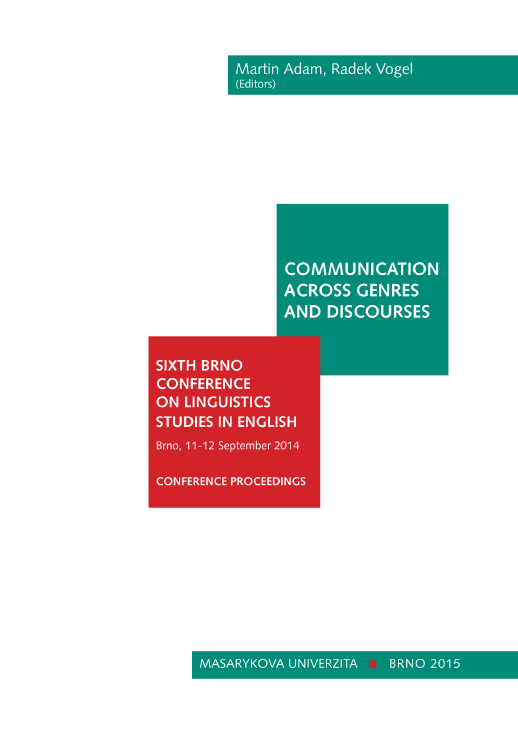
This paper zeroes in on current English borrowings in the Slovak language sourced from the areas of politics and economics. The paper elucidates the philosophy of mutual language contact and gives reasons as well as consequences for the borrowing of English lexemes in the present-day globalised world. English borrowings from the Slovak news on the STV1 channel are analysed both from a quantitative and qualitative angle, leaning primarily on Haugen’s approach consisting of loanwords, loanblends and loanshifts. With respect to a qualitative analysis, heed is paid to the analysis of orthographic, morphological and lexical levels. The overall aim of the present paper is to identify current patterns of English borrowings in Slovak in the selected semantic fi elds. The paper aspires to answer the question to what extent English as a lingua franca has infl uenced the Slovak speech community and how this is refl ected in the assembled word-lore, having either a positive or negative impact. A picture of English lexical borrowings as a critical route of cultural diffusion is given.
More...
The cognitive approach considers metaphor but there are no researches explaining the genesis of metaphor as mental phenomenon. Cognitive-ontological approach to the study of formation of metaphor makes it possible. Three ontological systems (human consciousness, world, language) are considered; initially these were not separated. In process of partial division between them some “nuclear” ideas have appeared (interference, authenticity, semblant). They were basic for some cognitive mechanisms. Metaphor developed from mythological metaphor and mythological image. Mythological metaphor was different from modern metaphor. It was the fi rst stage in metaphor developing. It is considered as a piece of mythological image represented in language and it had no function of free comparison of different objects. Mythological metaphor transformed when mythological image ruined.
More...
The article describes communicative competences that undergraduates − future economists − should possess, and presents methods used in speaking skills practice at ESP seminars at the University of Economics in Bratislava. The target group are undergraduates at B2 and C1 levels of language competence. The autor sums up the situations in which an undergraduate may fi nd himself/herself in an academic and professional setting as well, defi nes factors that may affect an undergraduate’s ability to get involved successfully in verbal communication, and gives examples of exercises/tasks which simulate various situations and are applied successfully at ESP seminars. Opinions and attitudes expressed by the author are based on her vast teaching experience and direct observations made at ESP seminars conducted by the author. She has grounds for supposing that the intensity and scope of interpersonal communication among the younger generation is becoming narrow. Poor communication in Slovak as their mother tongue corelates with poor verbal communication in the target English language.
More...
Compared to scientifi c texts, legal texts are more diffi cult to follow for two reasons: the complexity of legal systems and the purpose of the communication. They are intended to be clear and unambiguous so as to allow precise interpretation. This intention results in complex grammatical and syntactic structures. Common features of legal texts with the focus on style, terminology and syntax were studied by Hiltunen (1990), Bhatia (1993) and Trosborg (1997). Based on Bhatia´s move-structure approach, the paper is to present a comparison of English and Czech syntactic structures in English and Czech legal texts.
More...
Language studies consider cultural models as well as linguistic cultural models which are of particular interest for phraseology since collectively shared cultural norms, attitudes or values can manifest themselves in presuppositions underlying proverbs, idioms and other prefabricated stereotypes. Culture is defi ned as the complex whole which includes knowledge, beliefs, art, morals, law, customs and any other capabilities and habits acquired by man as a member of society. The close link between culture and phraseology is best revealed by proverbs and fully idiomatic set phrases because they heavily rely on images, traditions and habits that are characteristic of a given culture. The paper deals with English phraseology which is the embodiment of English people consciousness and culture and at the same time serves as the means of communication and the knowledge of reality.
More...
In the European Union, which represents linguistically diverse institution sui generis, texts are produced in a supranational multicultural discourse community describing specifi c aspects and concepts of European law or of national legal systems. The efforts of unifying and harmonising national laws with the aim of developing a European system of law have resulted in a number of new concepts that in turn caused proliferation of numerous new terms – the Euro-terms. They represent a basis for shaping a kind of supranational language: legal Euro-English. Nevertheless, can we talk about a new emerging variety? What are the features and characteristics of it compared to legal language in general?
More...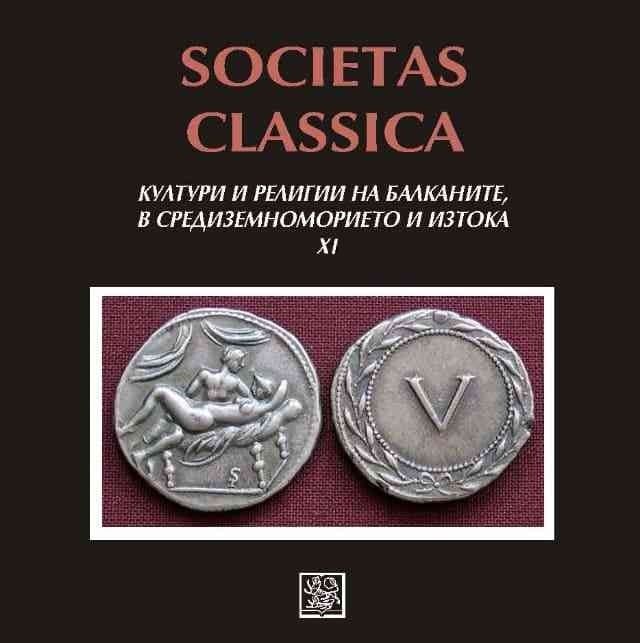
As a result of globalization processes, the number of challenges to foreign language learning is increasing dramatically. While in the 80s the main idea represented in the methodology of teaching a foreign language was the implementation of a practical task with the help of the target language, in our days the aim of the foreign language teaching is to transfer reality into the learning process, rather than to make learning resemble reality. In this article: 1) We will discuss Japanese reading comprehension classes according to their structure, content and objectives and in relation to the development of competencies and skills needed for communication in the context of globalization and the movement of human resources; 2) We will offer our own practical options with different purposes that would be helpful to Japanese language teachers in Bulgaria. This will add to the variety of practices already existing in the country.
More...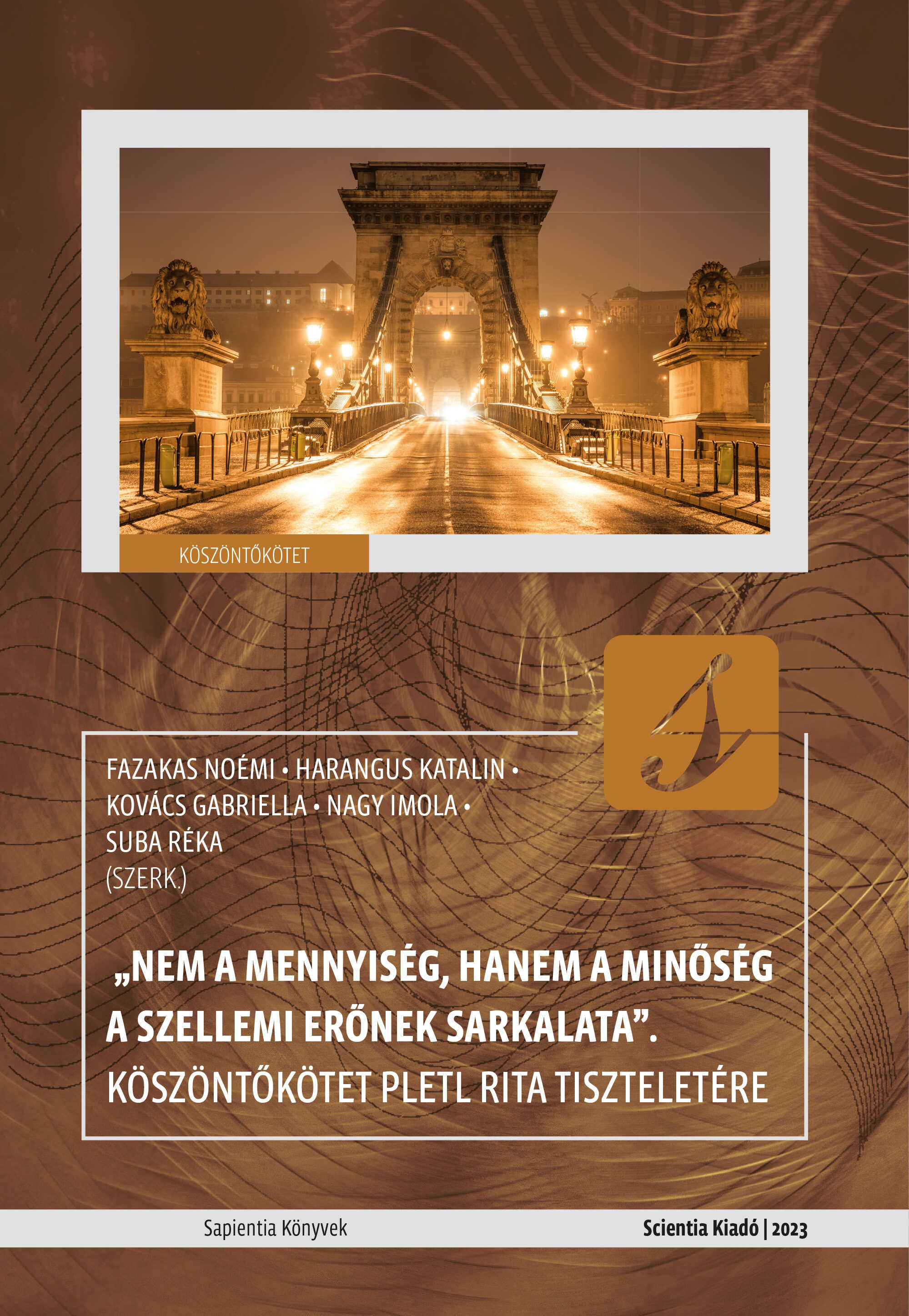


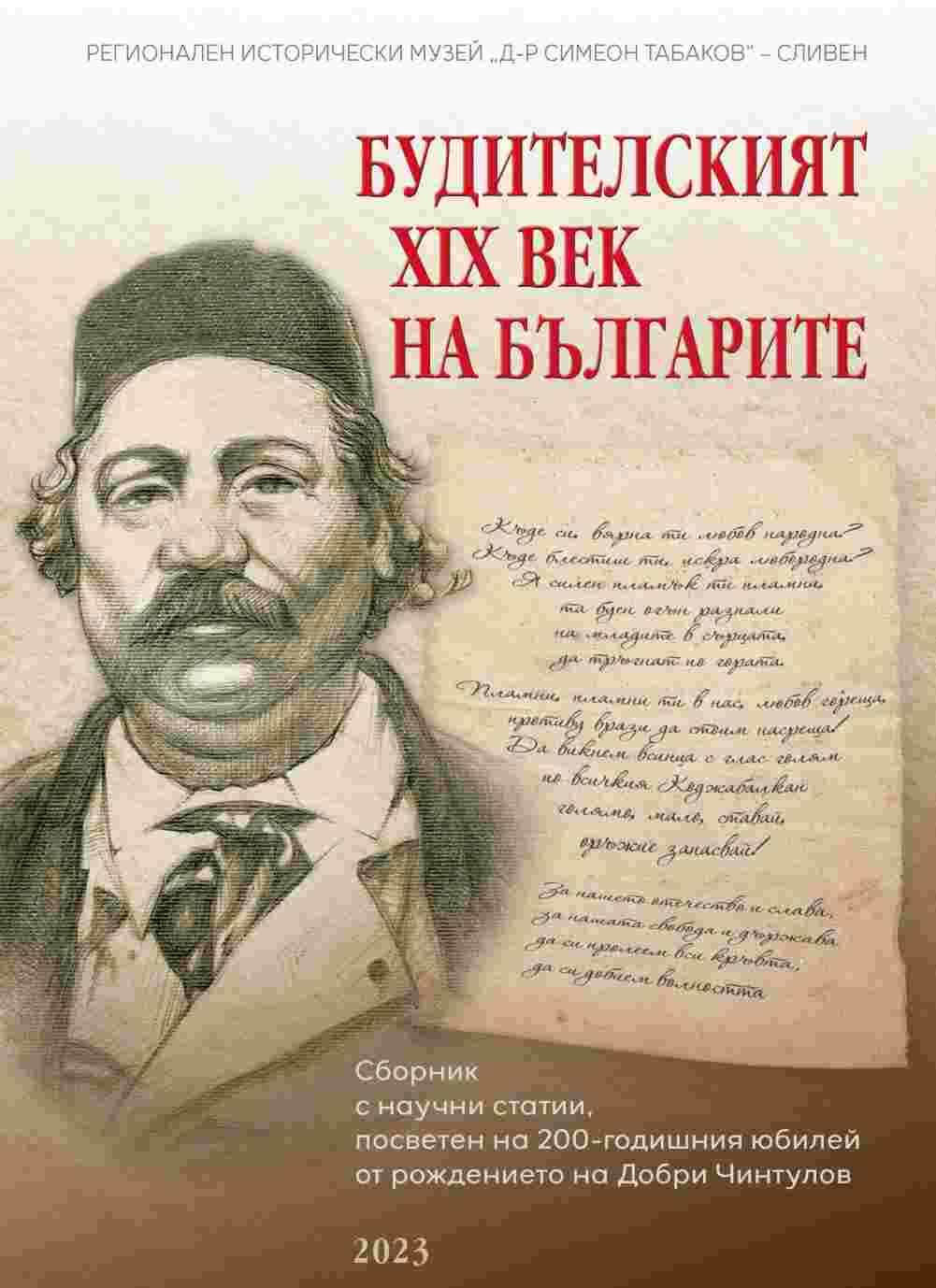
The article examines aspects of the approach to clarifying the work of Dobri Chintulov: research and declaration of the authorship of Chintulov's works, the phenomenon of the popularity of his poems and the critical context of understanding and presenting the life and poetry of Dobri Chintulov.
More...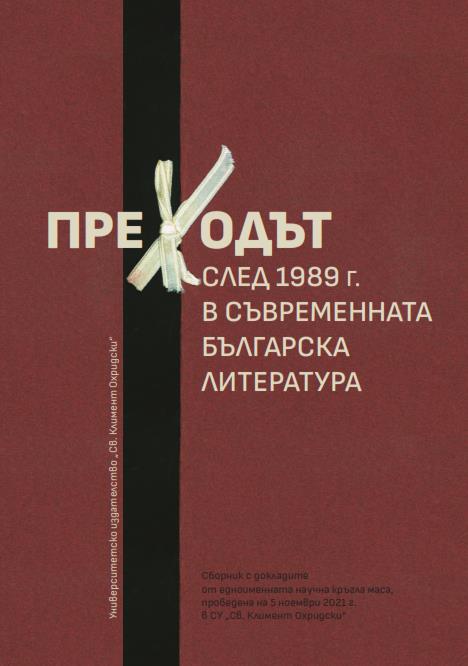
The topic, as well as the aim of the project to examine the interconnections between the Transition and literary models, presupposes two different kinds of relations: firstly, the presence or the marked absence of the concept of the Transition in Paskov’s novels and their narrative perspectives, and secondly, the publication and the reception of these works in the social environment of a transition (1987–1992–2005). The purpose of the paper is to rethink the mutual historical positioning of the three novels and to sketch out a possible common direction of their interaction. A key to such an interaction can be found in the individual’s indelible bodily co-presence in the ghetto represented though its forms of mimicry in the communal life in the neighbourhood (A Ballad for Georg Henig), the artistic gastarbeiter dormitory (Germany – A Dirty Tale) and the “global henhouse” of the ultramodern world (Postmortem of a Love). Always and everywhere, the ghetto entices the artist in its desire to ensnare, entrap and ultimately destroy him.
More...
Invisibility is a theme frequently exploited in imaginative literature. However, during the Transition writers began using it even more often. In a number of works, the attribute “invisible” is part of their very titles. Such are, for example, Georgi Gospodinov’s collection of essays The Invisible Crises (2013), Ventzeslav Konstantinov’s book of poems The Invisible Unavoidable Things (2013), the collection of very short stories by Mira Dushkova Invisible Things (2014), Natalia Deleva’s novel The Invisible Ones (2017), Mehmed Atipov’s collection of short stories Invisible Life (2018). The literature of the Transition not only actualizes but manifests with added emphasis its interest for the metaphysical topics in art. This is not only a reflex born out of the rejection or neglect they suffered in the years of state atheism but also an expression of the renewed interest in them in crisis situations.
More...